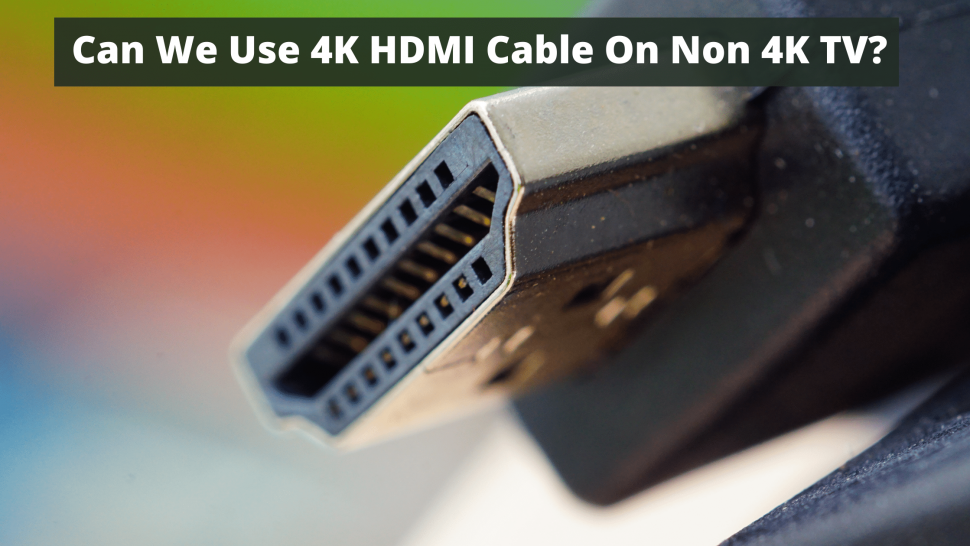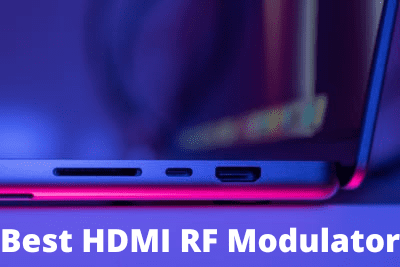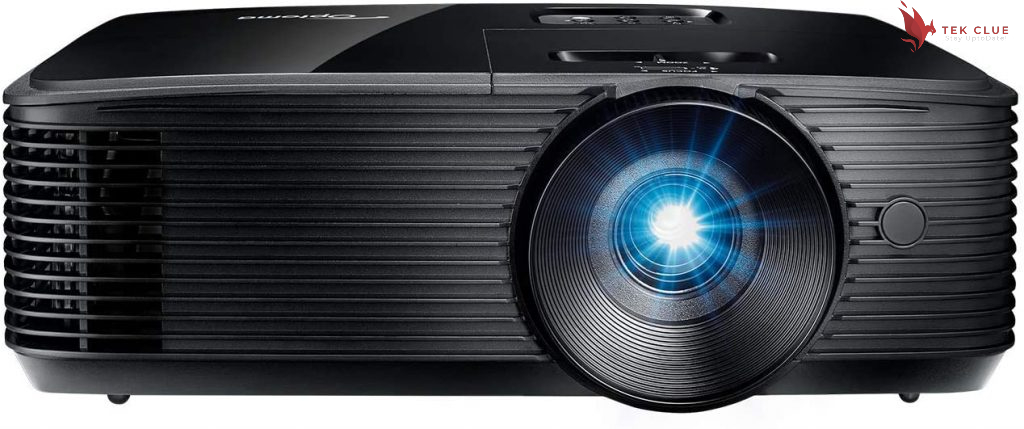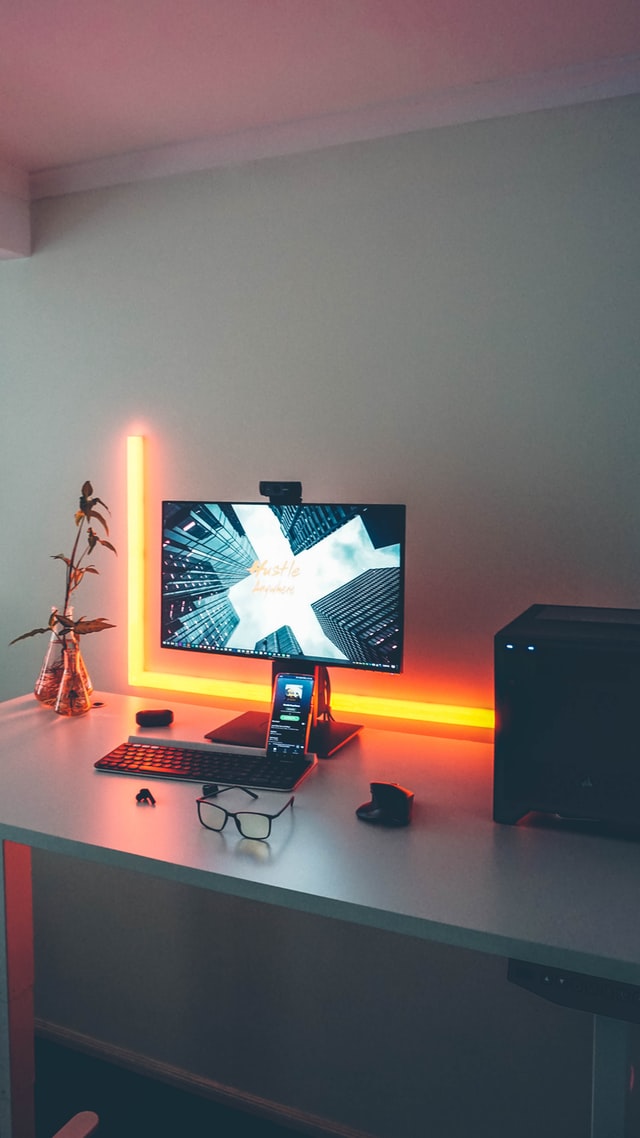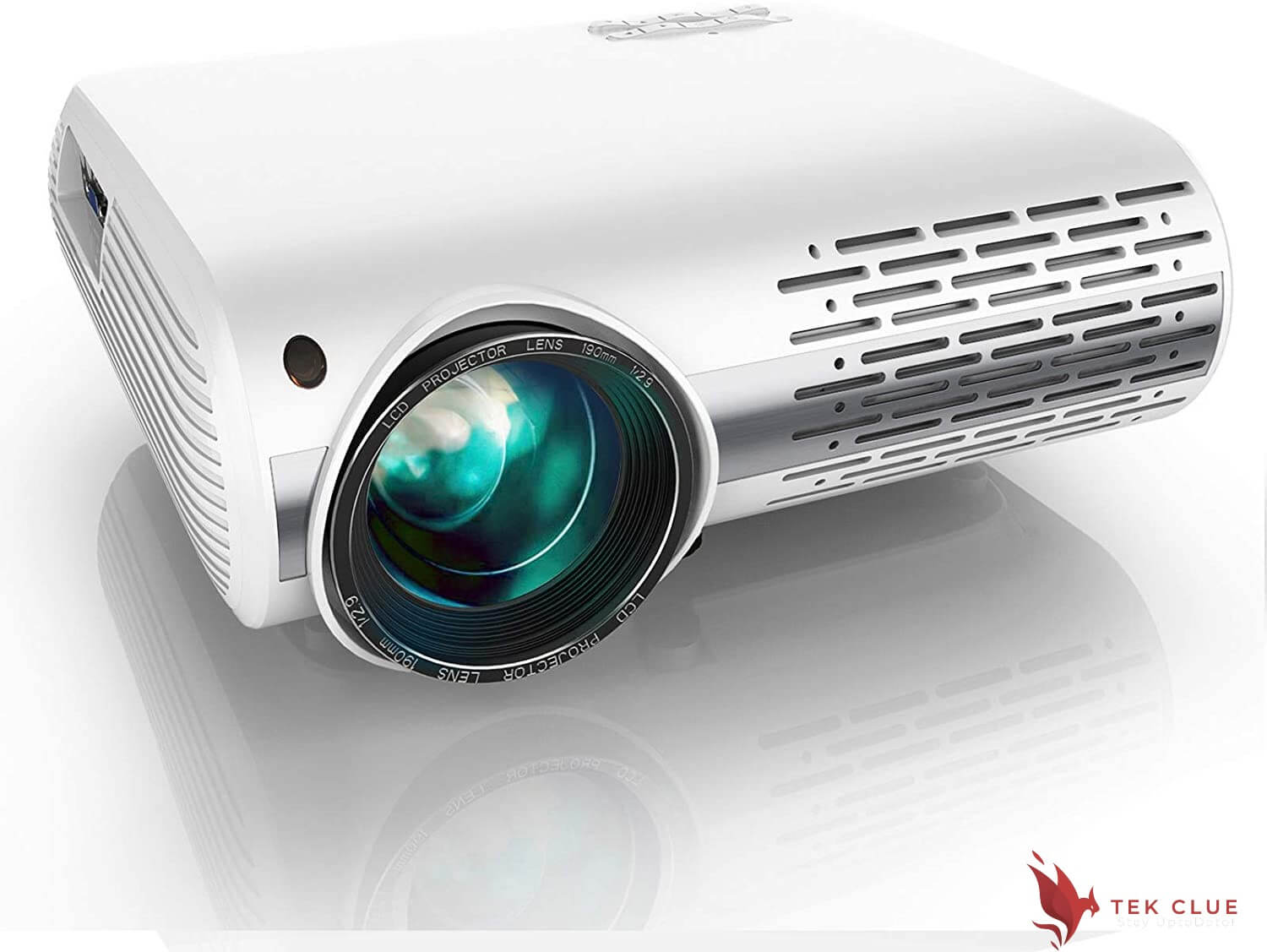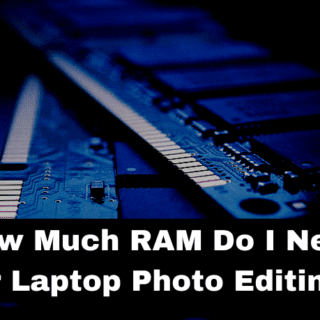A 4K TV will show the best picture quality when connected to other devices that support 4K. If you are wondering if you can use a 4k HDMI cable on non-4k TV, then this article is for you. We will discuss whether or not it is possible and what types of wires would work in this case. So read on to get the answer of your question Can We Use 4K HDMI Cable On Non 4K TV?.
Yes, you can use a 4K HDMI cable on your non-4K TV. It would help if you made sure that the wires were not too long or lost the signal. If it is too long, try using an HDMI extender for shorter cables.
You may also like Can You Use 8k HDMI On 4k TV?
The other thing to be aware of is that if your TV does not have HDCP 2.2, you won’t get any picture with this setup because it will be encrypted. Your old TV doesn’t support that encryption, so it cannot display anything in 4K resolution even though you’re getting a signal from the device to the TV.
How to Use:
As with all HDMI cables, you can use this one for any TV, and as long as the TV accepts 1080p resolution, just plugin. The signal will be split downstream to convert it into 720p resolution and up-converted back to 1080p resolution. Your TV will also support audio from this cable.
You need a 4K UHDTV with the 3rd generation of HDMI capable system. Connect your 4K UHDTV to your media player or other audio/video source using the HDMI cable that came with your Philips 55PUS7901 PK1080P Green Power LED LCD Digital Television. The Chrome cast Ultra works excellent if you want a simple setup without a powered A/V.
There is no current way to make an HDMI cable do something it wasn’t expressly designed to do. Using a 4K (or otherwise more advanced) higher bandwidth and higher refresh rate HDMI cable on a TV that doesn’t support those higher specifications simply won’t work.
So if your TV supports 1080p at 60Hz, you would need an HDMI cable with 1080p at 60Hz for it to work. What kind of cables you use depends on the capability of the devices on either end of the connection, but regardless of which type or brand they are, if they don’t match up correctly, the link will not be made successfully. The same holds for 4K content, even if you have a 4K.
Is It Safe To Use?
Perhaps, but it might be frustrating when the HDTV doesn’t detect a signal. 4K TVs require HDCP 2.2 components to assure reasonable quality content protections and an HDMI Cable to deliver the total quality of everything coming in (audio and video), so you need all three pieces in place for the TV to receive accurate content at its maximum capability, with an exception for some basic restrictions on 4K Blurry movies. Furthermore, if you’re old TV has HDMI 1.0a ports that do not support High Dynamic Range (HDR) or Wide Color Gamut (WCG) technology, then this would also be a concern because it tells your TV that you have an HDR10 device plugged in when there is no such.
The HDMI standard is capable of carrying video signals up to 1080p. So, unless you have a top-of-line non-4K TV with 4K HDMI cables, then it’s most likely that your TV can receive 4K content just fine.
Is There Having Any Risk In Usage:
There are a few risks to using a non-4k TV with a 4k HDMI cable. First, the risk of signal interference from your electric wiring or nearby appliances might be increased because the high-bandwidth digital video is transmitted as radio waves over wire rather than as an optical signal through optical cables.
The higher resolution may cause wire losses to be more visible on your TV’s screen if you still have the old analog tuner in use – but this isn’t a problem for digital TVs that have been designed to reject interference from other sources. The higher bandwidth will also increase the chance of some signal distortion. And, finally, some say that it can lead to “image lag” due to faster response times required by 4K.
Yes. By sending a 1080p signal to your TV, the TV’s display panel is going to receive it as though it were an input. The image will likely look much softer and less sharp than you’d be accustomed to if a 4k television was used instead.
This effect will be much more pronounced with 720p HD channels because there is already much lower resolution in those channels, so any added compression due to sending over an HDMI cable from the cable company or satellite provider would also look amplified on a non-4k TV.
Pros:
- The TV’s native resolution (1080p) improves the picture quality of sources like your blue-ray player, Dish satellite receiver, or Apple TV 4K.
- Superior video quality for 1080p games on Xbox One X and PS4 Pro gaming consoles.
- Higher refresh rates on some TVs that can display them (120 Hz, 240 Hz).
- Can sometimes provide relief from screen burn-in for CRT computer monitors.
Cons:
- Limited compatibility with legacy devices using HDMI ports to transmit 480i resolutions, only upscaling these to 720p resolution at best. Regarding this latter point, some mid-range widgets can do some damage.

